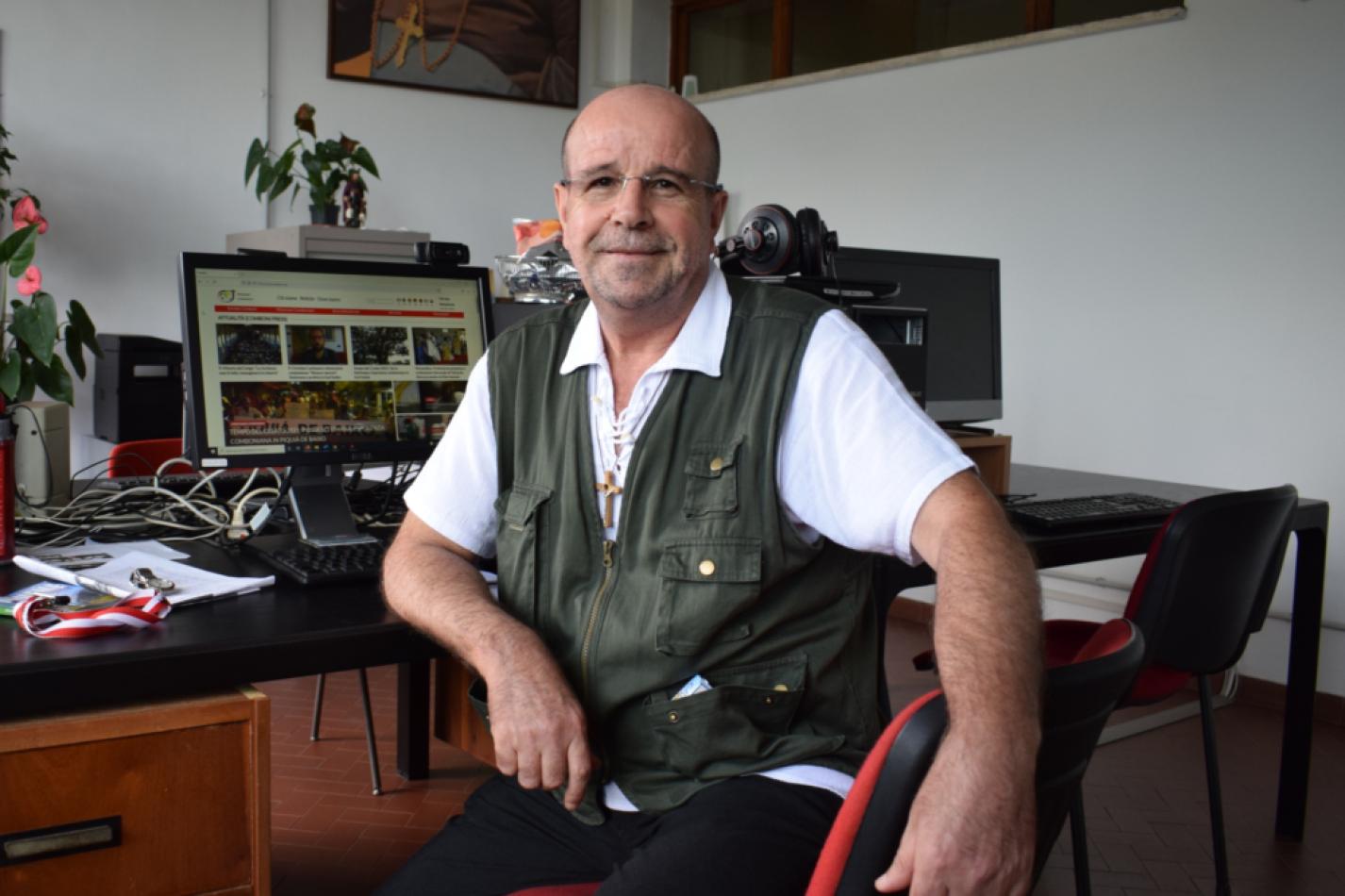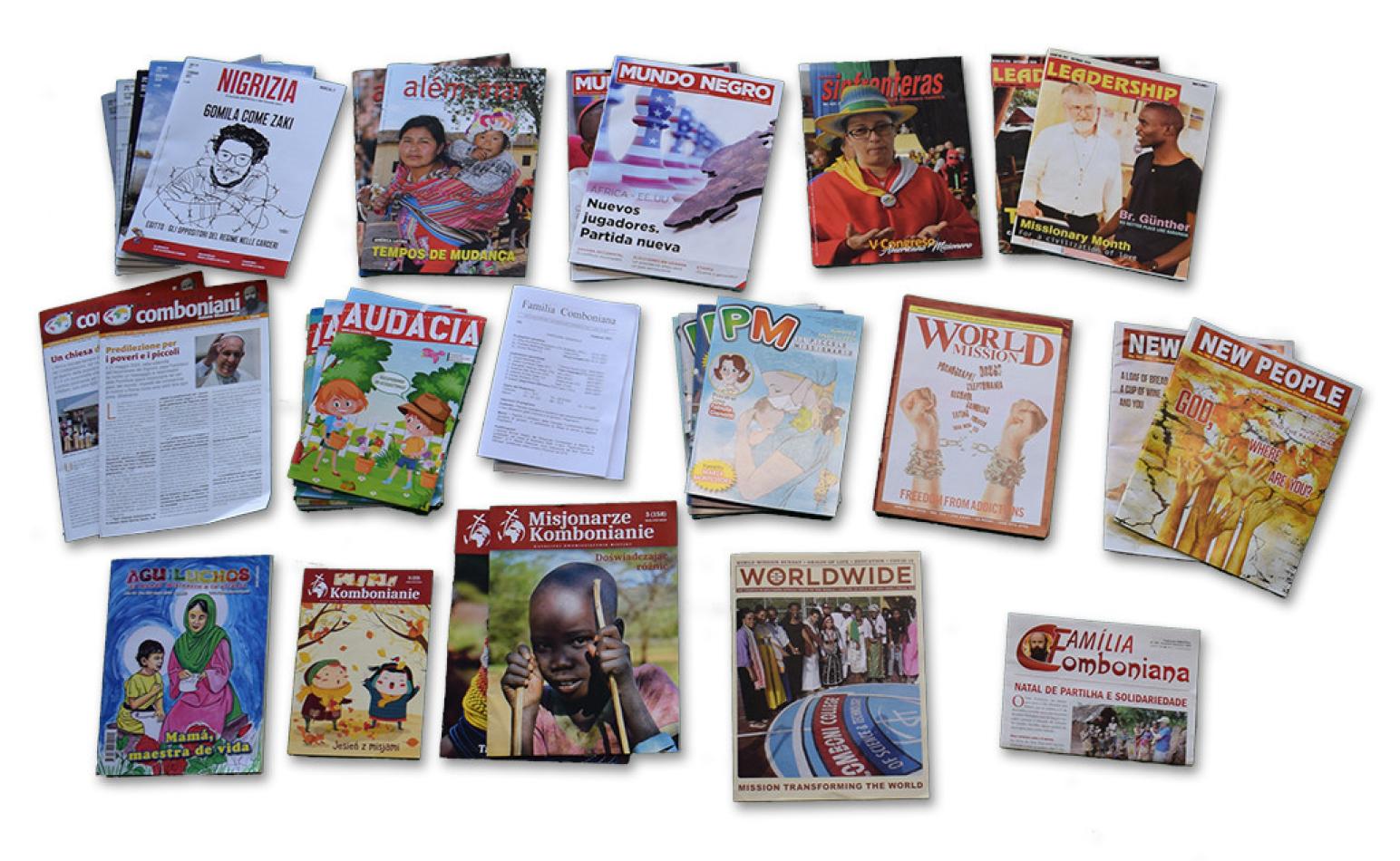Daniel Comboni
Comboni Missionaries
Institutional area
Other links
Newsletter
Wednesday, January 31, 2024
Does it still make sense today – asks father Arlindo Pinto – to talk about the ethics of information and communication? Also because, given the context in which we live, one of the greatest risks for communication would be to allow the idea that information is, at the end of the day, a factory of manipulation or an industry of fake news to be established in each of us and in public opinion in general. [See attachment. Photo: Michael Dziedzic, unsplash]
It is from this premise that the author’s reflections – rich in ideas and stimuli, and accompanied by an extensive bibliography – on the ethical challenges of information and communication in the first quarter of the 21st century arise.
The first certain fact is that the greatest value of information is the truth, which however, in many cases, is also its first ‘victim’: we live in “a manipulated society unaware that it is manipulated,” in which information and disinformation unfortunately coexist.
It is difficult to summarise the abundance of examples, aspects and subjects highlighted in these pages. The ‘change of epoch’ highlighted by Pope Francis has also touched communication: we live in an era of ‘post-truth,’ or pseudo-truth, in which social networks imprison news users in an ‘eternal present’ without memory, instigating violence, ridiculing the voice of institutions, inventing falsehoods, insinuating suspicions, etc.
How to untangle and defend oneself in this world of hackers, fake news, monopolies, data, algorithms, and artificial intelligence? The richness and value of the Internet are indisputable, but this does not eliminate the need to unveil its dark sides. The fundamental problem lies in the good governance of digital innovation, which implies a close relationship with ethics and digital regulation, bearing in mind that artificial intelligence is already able to develop autonomously (to the point of ‘generating’), that is, independently of human control.
In his conclusion, father Arlindo reiterates the thesis that, in a technological world where “human connection is a constitutive condition of our collective lives”, the most effective way of assimilating and guaranteeing ethical values in the field of communication necessarily passes through the responsible and constant collaboration of all the actors involved in it, with a view to a serious and comprehensive education that provides us with the appropriate tools and criteria, to equip ourselves with critical thinking in dealing with the avalanche of information that invades us daily.
[The text is published in: MCCJ Bulletin, n° 297, October 2023, pp. 83-122]




